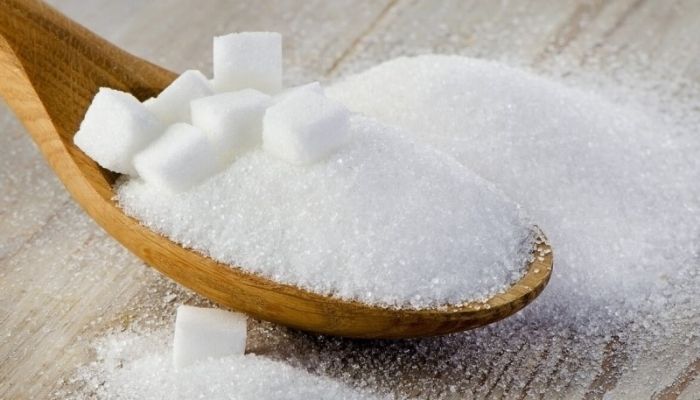Towards sugar self-sufficiency in Nigeria
Nigeria was once on the enviable list of leading sugar-producing nations within the continent. It is safe to say that the 60s and 70s were Nigeria’s golden era as far as sugar production was concerned. Nigeria took advantage of its sheer productive human population, large arable land, large bodies of water flowing from rivers Benue […]

Nigeria was once on the enviable list of leading sugar-producing nations within the continent. It is safe to say that the 60s and 70s were Nigeria’s golden era as far as sugar production was concerned.
Nigeria took advantage of its sheer productive human population, large arable land, large bodies of water flowing from rivers Benue and Niger, and it relied on the competence of expatriates and local sugar experts to become a top player in the sector in the past.
- EFCC probing contractor over abandoned Abuja cargo terminal – Sirika
- BUK to host Media Trust’s Kano gubernatorial debate
We recall with profound nostalgia, but with a scintilla of regret the glorious days of the foremost and premier sugar companies, Nigeria Sugar Company (NISUCO), Bacita, Kwara State; Lafiagi Sugar Company (LASUCO), Kwara State; and the Savannah Sugar Company, located in the agrarian community of Numan, Adamawa State.
These companies were then the pride of the nation and the most sought after by young graduates desirous of building their careers.
But the sad story in the sector changed for the better and showed some flashes of rebirth with the launch of an ambitious, progressive, well-thought-out, and brilliant 10-year-long policy to drive, revive, reposition, revamp the sector and restore Nigeria’s lost glory.
The policy, code-named, the Nigeria Sugar Master Plan (NSMP) was birthed in 2012, but actual implementation began in 2013. With the launch of the NSMP, the once comatose, moribund and neglected sugar sector roared back to life as local and international investors picked interest in it.
The sugar policy is anchored on four broad, but distinct standpoints or cardinal objectives which are; for Nigeria to attain self-sufficiency in sugar production, stem the rising tide of sugar importation, create job opportunities, generate electricity and produce ethanol for industrial purposes.
As captured in the master plan, Nigeria’s annual sugar consumption of 1.7 million metric tons would be met after 10 years.
A total of 250,000 hectares would be required for cane cultivation, 28 factories would be established, and over 100,000 direct and indirect jobs would be created for Nigerians. Four companies signed up for the Backward Integration Programme (BIP) of the NSMP.
With Phase 1 of the master plan, which began in 2013, reaching its crescendo in the first quarter of 2023, the federal government has approved Phase 2 of the policy, with actual implementation to begin in 2023 through 2033.
It is projected that Nigeria will soon attain self-sufficiency in sugar production, and subsequently export it to countries within the continent.
The guidelines for the implementation of Phase 2 of the NSMP require the input of critical stakeholders, like state governors, to succeed.
The sugar sector holds tremendous opportunities for Nigeria and Nigerians in terms of job creation for our youths, increased revenue, and general economic prosperity for the nation.
Abdullahi Yunusa resides in Abuja
